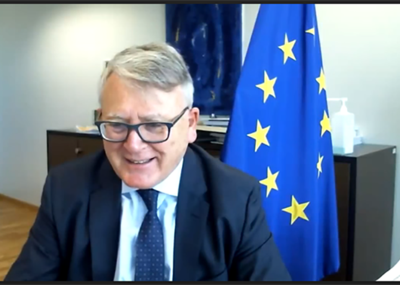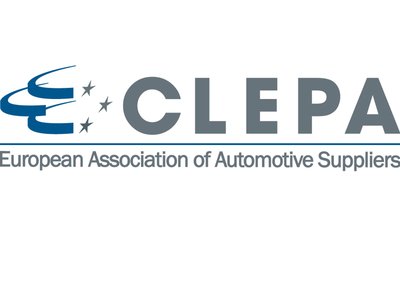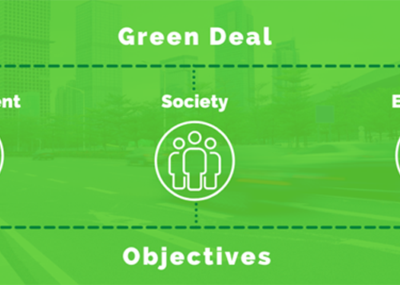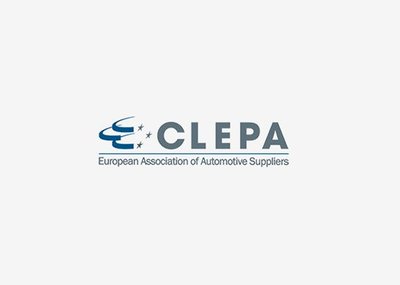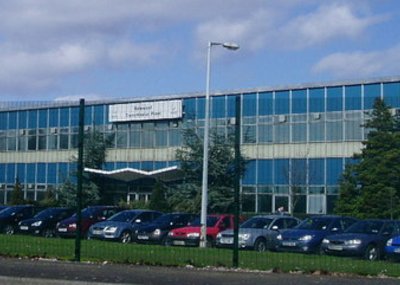Sigrid de Vries, CLEPA Secretary General highlights: “Europe’s automotive suppliers are concerned about recent announcements on border closures and intensified inspections. These measures result in disruption at Europe’s internal borders and critical delays in the supply chain. The Single Market is an important achievement of the European Union. Defending its integrity is a priority, specifically with regards to the freedom of movement of goods and workers. Parts stuck at the border could disrupt our Just in Time supply chains, interrupt production and put the sector’s performance and jobs at risk”.
While health and safety are paramount, and industry itself has taken numerous measures to keep up highest standards, it is also important to safeguard the integrity of the internal market. “EU governments must respect their commitment agreed during the January Council to keep borders open”, says de Vries.
“Transport of goods should be exempt from border closures and Member States should ensure the alignment of their border control measures to support the functioning of the Single Market. If controls at the border crossings are intensified, Member States should respect their commitment to prioritise freight transport, as done successfully during the first wave through the introduction of ‘Green Lanes‘ with easily applicable rules. It is important to note that COVID-test requirements for professional truck drivers could undermine corridors for goods and risk disrupting supply chains, as shown by the example of Dover in December, where long queues to test truck drivers resulted in significant disruption, while almost all truck drivers tested negative for the virus. Only by setting up a practical test practice that can ensure the protection of the workers while guaranteeing the supply of goods would keep the automotive supply chain working”.


